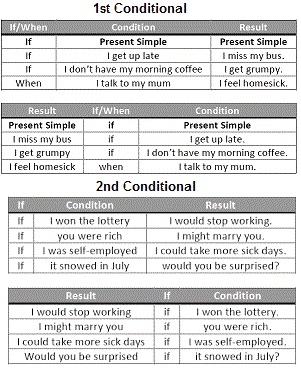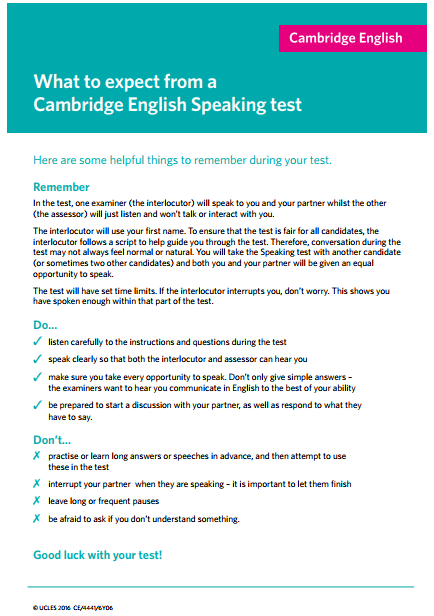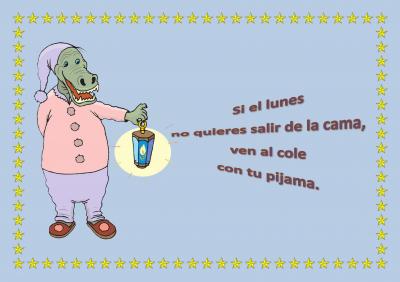REPORTED SPEECH
What is reported speech?
Reported speech is when you tell somebody else what you or a person said before.
Direct speech vs Reported speech:
| Direct speech | Reported speech |
|---|---|
| She says: "I like tuna fish." | She says that she likes tuna fish. |
| She said: "I’m visiting Paris next weekend" | She said that she was visiting Paris the following weekend. |
Different types of sentences
When you use reported speech, you either report:
- Statements
- questions
- requests / commands
- other types
A. Reporting Statements
When transforming statements, check whether you have to change:
- pronouns
- tense
- place and time expression
1- Pronouns
In reported speech, you often have to change the pronoun depending on who says what.
Example:
She says, “My dad likes roast chicken.” – She says that her dad likes roast chicken.
2- Tenses
- If the sentence starts in the present, there is no backshift of tenses in Reported speech.
- If the sentence starts in the past, there is often backshift of tenses in Reported speech.
| Direct speech | Reported speech | |
|---|---|---|
| (no backshift) | “I write poems.” | He says that he writes poems. |
| (backshift) | “I write poems.” | He said that he wrote poems. |
No backshift
Do not change the tense if the introductory clause is in a present tense (e. g. He says). Note, however, that you might have to change the form of the present tense verb (3rd person singular).
Example:
He says, “I write poems.” – He says that he writes English.
Backshift
You must change the tense if the introductory clause is in a past tense (e. g. He said).
Example:
He said, “I am happy.” – He said that he was happy.
Examples of the main changes in tense:
| Direct Speech | Reported Speech |
|---|---|
| Simple Present He said: "I am happy." | Simple Past He said that he was happy. |
| Present Progressive He said: "I’m looking for my keys." | Past Progressive He said that he was looking for his keys. |
| Simple Past He said: "I visited New York last year." | Past Perfect Simple He said that he had visited New York the previous year. |
| Present Perfect He said: "I’ve lived here for a long time." | Past Perfect He said that he had lived there for a long time. |
| Past Perfect He said: "They had finished the work when I arrived." | Past Perfect He said that they had finished the work when he had arrived." |
| Past Progressive He said: "I was playing football when the accident occurred." | Past Perfect Progressive He said that he had been playing football when the accident had occurred. |
| Present Perfect Progressive He said:"I have been playing football for two hours." | Past Perfect Progressive He said that he had been playing football for two hours. |
| Past Perfect Progressive He said: "I had been reading a newspaper when the light went off." | Past Perfect Progressive He said that he had been reading a newspaper when the light had gone off. |
| Future Simple (will+verb) He said: "I will open the door." | Conditional (would+verb) He said that he would open the door. |
| Conditional (would+verb) He said: "I would buy a castle if I were rich" | Conditional (would+verb) He said that he would buy a castle if he had been rich. |
The verbs could, should, would, might, must, needn’t, ought to, used to do not normally change.
Example:
He said, “She might be right.” – He said that she might be right.
3- Place, demonstratives and time expressions
Place, demonstratives and time expressions change if the context of the reported statement (i.e. the location and/or the period of time) is different from that of the direct speech.
In the following table, you will find the different changes of place; demonstratives and time expressions.
| Direct Speech | Reported Speech |
|---|---|
| Time Expressions | |
| today | that day |
| now | then |
| yesterday | the day before |
| … days ago | … days before |
| last week | the week before |
| next year | the following year |
| tomorrow | the next day / the following day |
| Place | |
| here | there |
| Demonstratives | |
| this | that |
| these | those |
B. Reporting Questions
When transforming questions, check whether you have to change:
- pronouns
- place and time expressions
- tenses (backshift)
Also note that you have to:
- transform the question into an indirect question
- use the question word (where, when, what, how) or if / whether
| Types of questions | Direct speech | Reported speech |
|---|---|---|
| With question word (what, why, where, how...) | "Why don’t you speak English?” | He asked me why I didn’t speak English. |
| Without question word (yes or no questions) | “Do you speak English?” | He asked me whether / if I spoke English. |
C. Reporting requests / commands
When transforming requests and commands, check whether you have to change:
- pronouns
- place and time expressions
| Direct speech | Reported speech |
|---|---|
| “Nancy,do the exercise.“ | He told Nancy to do the exercise. |
| "Nancy, give me your pen, please." | He asked Nancy to give him her pen. |
Example:
She said, “Sit down." - She asked me to sit down.
She said, "don’t be lazy" - She asked me not to be lazy
For affirmative use to + infinitive (without to) For negative requests, use not to + infinitive (without to). |
D. Other transformations
- Expressions of advice with must, should and ought are usually reported using advise / urge.
Example:
“You must read this book.“
He advised / urged me to read that book. - The expression let’s is usually reported using suggest. In this case, there are two possibilities for reported speech: gerund or statement with should.
Example:
“Let’s go to the cinema.“=
1. He suggested going to the cinema.
2. He suggested that we should go to the cinema.
Exercises on the reported speech
http://www.myenglishpages.com/









